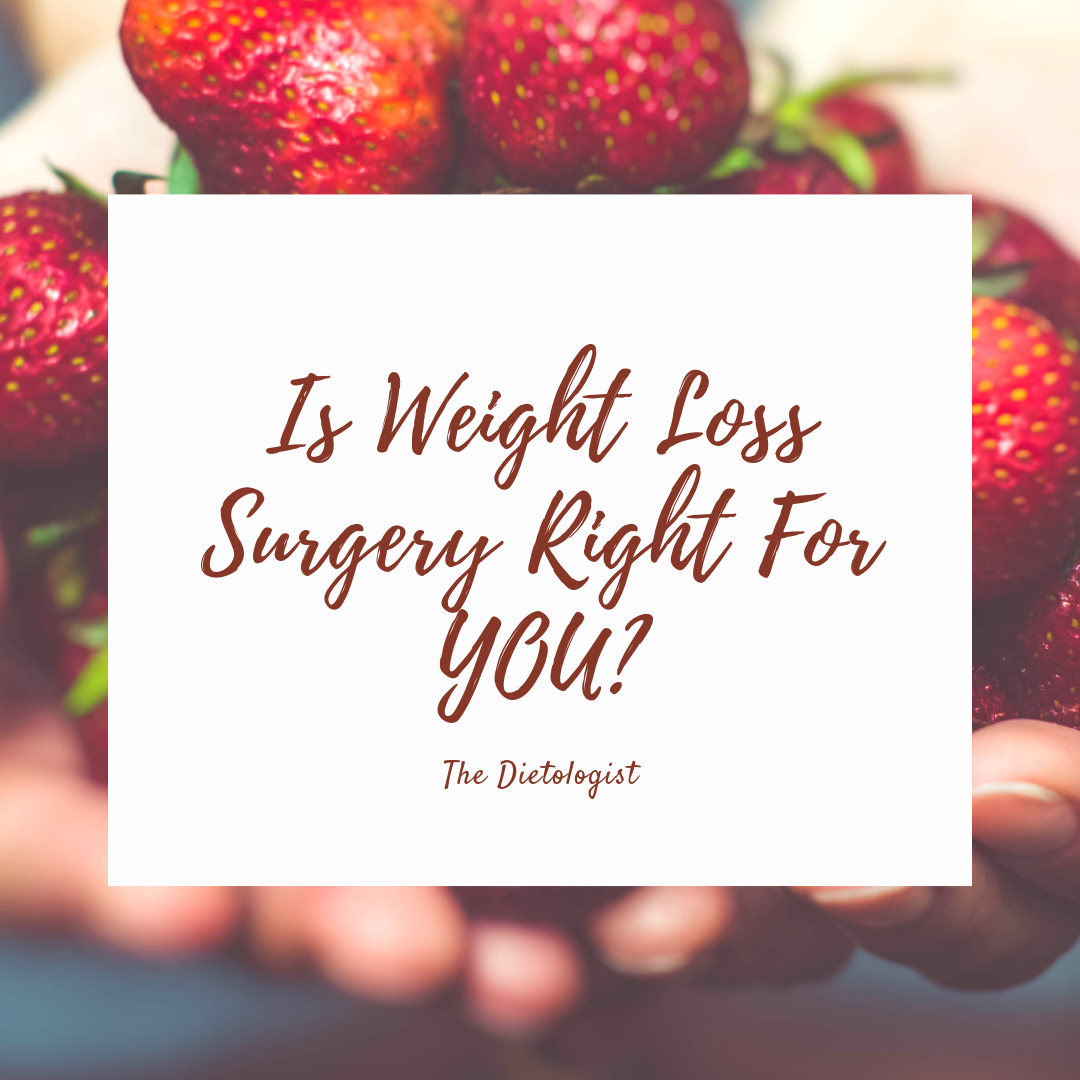5 MYTHS ABOUT BARIATRIC SURGERY
Over 28% of the UK population are obese (BMI >30) and over 36% of the population are overweight (BMI>25) but not obese. Obesity levels are higher than ever, since the COVID 19 pandemic and NHS waiting lists are growing for bariatric surgery. Many people are considering bariatric surgery after years of trying unsuccessfully to lose weight through dieting alone.

Unfortunately, there are a number of misconceptions and stigmas surrounding bariatric surgery that can prevent people from having weight loss procedures. Many of these myths come from a lack of knowledge, stereotypes and the discriminatory nature that society has about obesity, and there is lots of misinformation that is readily available online.
Here are 5 myths about bariatric surgery.
Surgery is a quick fix and an easy option
One of the most popular myths that my clients tell me is that they feel that undergoing bariatric surgery means that they have failed or are opting for a quick fix solution. Weight gain and obesity are not as simple as overeating, eating the wrong foods and not exercising. There are many factors that can make it extremely difficult to lose weight, including hormone changes in the body, genetics, social circumstances, emotional behaviours,menopause, lifestyle, and a person's habits and behaviours.
Undergoing surgery is a difficult and life-changing decision, and lots of hard work and perseverance is required before, during and after the operation. Someone choosing to have the procedure is not lazy and isn’t taking the “easy way out,” they are instead making a conscious decision to improve their health, wellbeing and quality of life. Remember surgery is a tool and you need to work with it correctly to get the right results.
Bariatric surgery is all the same procedures
This isn’t true. There are a number of different bariatric surgery options available, including the Gastric band, Gastric Bypass, Mini Gastric Bypass, Sleeve Gastrectomy and Gastric Balloon. Each has advantages and disadvantages and some procedures are reversible and some are permanent and more invasive than others. Your surgeon will take lots of time to go through each option and discuss which is the right surgery for you depending on your BMI and health risks.
Having bariatric surgery is dangerous
With every surgical procedure there is an element of risk, but advancements in technology and techniques have greatly reduced the risks associated with weight loss surgery. Many patients worry that having a high BMI will put them at further risk, but staying at a weight that is morbidly obese will have a far greater impact on your health than a surgical procedure. Undergoing bariatric surgery has been compared to the same level of risk as having your gallbladder removed - the operation itself requires a very short stay in hospital followed by some time to recover at home, but the healing process is relatively quick due to laparoscopic (keyhole) surgery.
Most bariatric patients will put the weight back on
50% of patients regain the weight they lose after Bariatric surgery due to lack of support/aftercare. Those having surgery abroad are at a greater risk as UK aftercare is not included in the fee. Weight loss surgery isn’t just a procedure, it’s a tool and a complete lifestyle change with permanent changes to eating habits and behaviours is necessary, otherwise most will regain the weight they lose due to returning to former habits. To avoid weight regain ensure you factor in the need for good bariatric aftercare/support.
You can’t have children after surgery
Yes you can’t immediately after surgery! It is advised that women who wish to have children
wait at least 18 months
after having bariatric surgery, and this is to allow the chance for the body to heal and for weight loss to happen. You don’t have enough nutrition to feed both yourself and the baby soon after surgery.
Having a child 18 months post surgery is perfectly fine - in many cases fertility is actually increased after weight loss. You may need additional supplements if you fall pregnant and the routine food safety advice still needs to be followed. You may need extra blood tests, and of course let your GP and midwife know you’ve had weight loss surgery.
Are you struggling with weight loss and are considering bariatric surgery? Want to know how I support you in your weight loss journey, the options available and help change your eating habits and relationship with food?
Book in for a Discovery Call to find out more, or visit me on my social media platforms, my
Facebook Support Group,
instagram, and my
YouTube channel for helpful information, hints and tips and Q&A opportunities!



